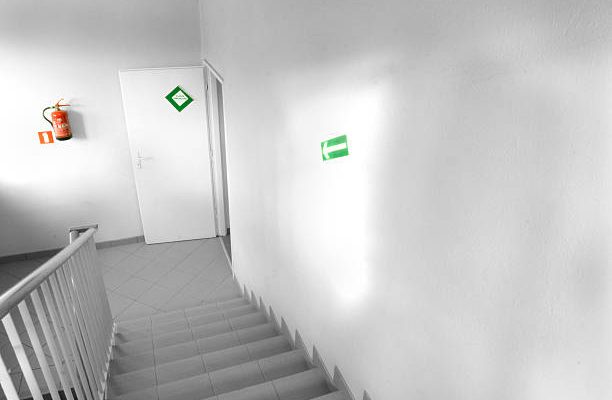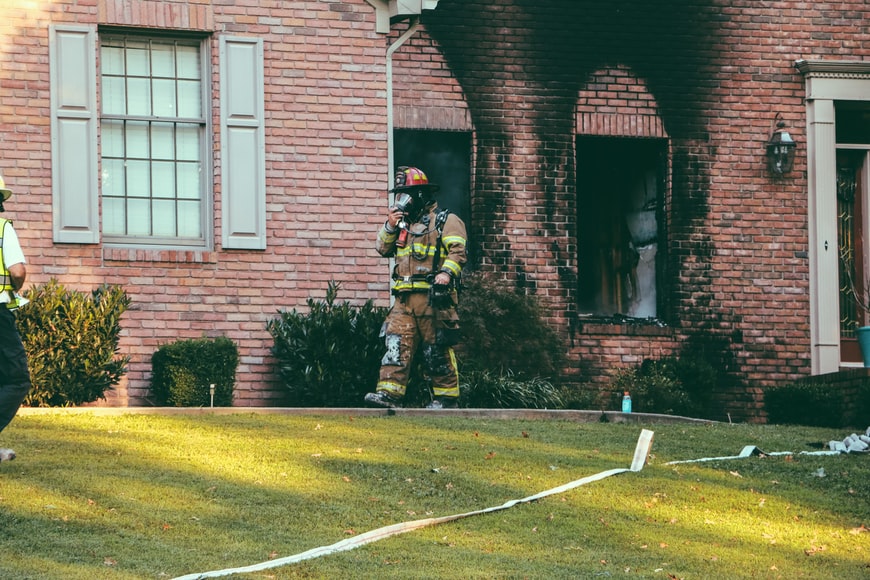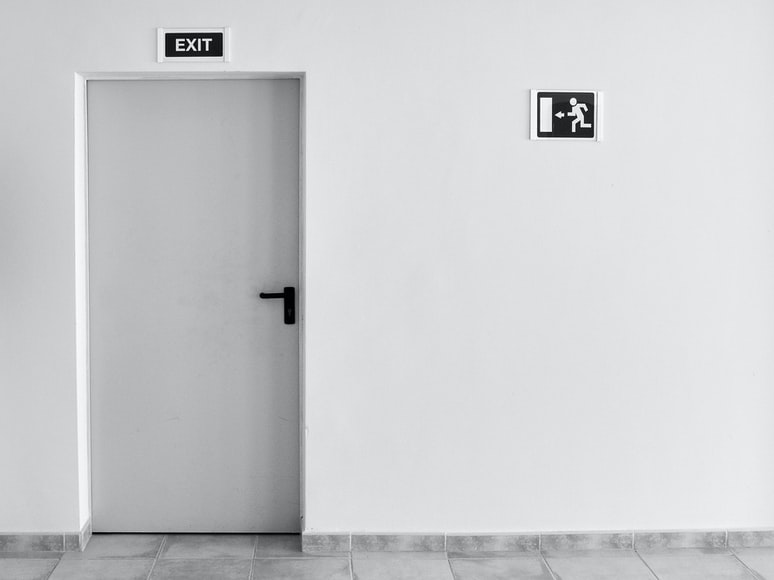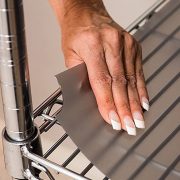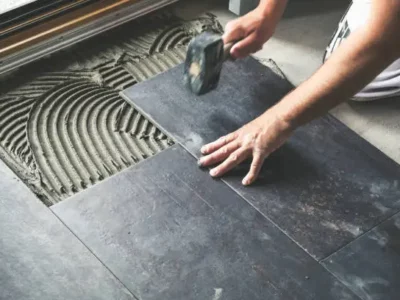There are different types of doors but one, in particular, is called a fire door. Fire doors are made to be stronger than your average door and can withstand higher temperatures. They’re used in many different places but especially important in buildings that have lots of flammable materials or where there are open flames like restaurants, hospitals, nursing homes, and even factories. The purpose of a fire door is to help contain the spread of a fire if it occurs so you need them for protection because they provide more safety than an ordinary door would.
Fire Doors 101
A fire door is defined as a “load-bearing or non-load-bearing” door that has been constructed to close off access to the space behind it. All fire doors are built with high strength, low smoke zero halogen materials and have special seals to help keep out smoke, fire, superheated air, etc. They also require proper fire door maintenance. The seals are important so there’s not an influx of dangerous gases in to your place of business or home. If you want to be sure your doors will protect you in case of fire then they need to be either labeled UL-rated for use as a fire exit or marked by one of these organizations: Massachusetts Board of Fire Prevention Regulations (BBFR), National Fire Protection Association (NFPA), Underwriters Laboratories, Inc. (UL).
International Building Code
The International Building Code requires all exit doors to have opening protectives so a fire door needs a closer or a deadbolt. A fire door must close automatically and cannot be obstructed so no chairs can be left in front of it – this includes your home – they need to stay clear at all times! In residential areas, you need at least one operable exterior door but for commercial buildings that allow public access there should be an operable way out from every room “unless the room is directly connected with an exit corridor.” The rules are different depending on where you live so check with your local government if you’re not sure what they require.
Fire Safety Systems
When you’re shopping for systems think about having a fire door on each side of your safe. You’ll need an automatic close fire-rated protective door for any approved fire protection system that uses a fan or is designed to stop smoke. They can keep out heat, gases, and flames so it’s important not to use any materials in the construction of these doors that will release toxic fumes when they burn. A seal isn’t an option, either – it must be standard on all fire doors so the seal holds until the door is opened by emergency response personnel if necessary.
The Benefits of Having a Fire Door
In the event of a fire, first responders and firefighters face great difficulty in accessing your home or business through an ordinary door so having a more protected one is important. If you have only one way out of a room and it’s obstructed by something as simple as a chair then you can be putting yourself and others at risk for death or serious injury. Fire doors are built to keep things like smoke and fire from spreading too rapidly as well as protecting those who are inside from harm so they’re worth adding to any building where there are lots of flammable products or where open flames will be present. They stay shut during emergencies so they provide protection against toxic gases and help save lives!
How To Know If You Need One
Every room of your home or business that uses any fire safety system needs to have a door that will withstand the high temperatures produced by the fire. If you’re not sure whether you need one just contact your local building official for confirmation. An alternative is investing in an automatic closing exit device so even if you leave the door open it will shut on its own within seconds after detecting heat. They cost more but they do shut tight so they are also effective at keeping out smoke, gases, and flames while allowing people time to get out safely. This type is essential wherever there’s a risk of fire like in large storage spaces, garages, warehouses, etc.
Fire Doors For Your Personal Property
If you own rental properties or you’re a landlord it’s important to make sure your tenants and guests know about fire doors too. If they don’t and something happens where there was no means of escape then the liability falls on you so why take that risk? A good way to inform people is with signs near all entrances explaining what kind of doors are required for their safety. You can even refer them directly to this article which explains just how important they are. You should also make sure to include a reference to fire safety doors in your lease agreement if there’s any mention of safety hazards or what the tenant is responsible for.
Fire Doors For Your Business
For business owners, it’s more of a requirement than just being the right thing to do. It is illegal to have an unsafe building so you need to take steps now or face big fines later! You can invest in special fire-rated doors that are self-closing or have closer devices that shut them by themselves even if they’ve been blocked open. This helps keep your customers and staff out of danger so they stay safe while getting out quickly which means everyone can escape before the fire spreads through your establishment. What’s also important is to keep fire doors clear and keep them maintained – you’ll be held accountable if the door isn’t working properly due to neglect.
These are just some of the many benefits of having these special types of protective doors installed on each exit door in every room that requires it. Protecting your home, family, business, investments is not easy but by following some simple guidelines anything is possible. Fire doors should always be used when there’s something flammable nearby like chemicals, gasoline, diesel fuel, etc. Don’t risk being trapped inside or inhaling too much smoke from a fire – they’re a lifesaver and help lessen the consequences of a fire so don’t hesitate to invest in one for your home or business!


